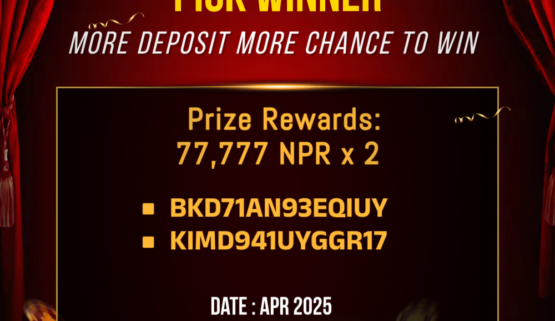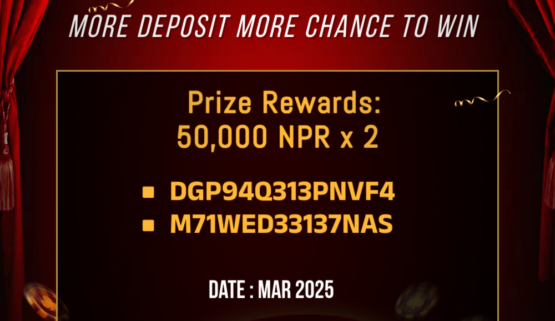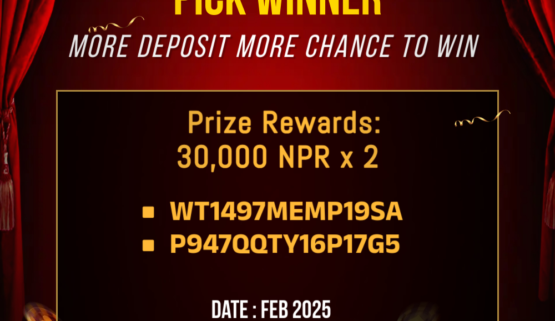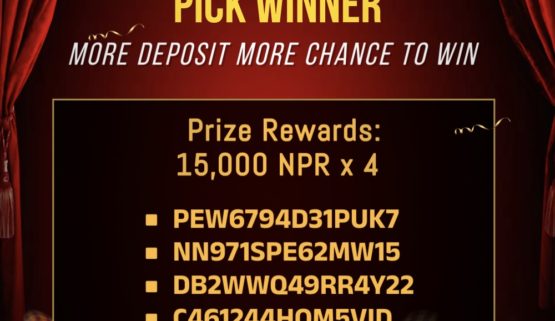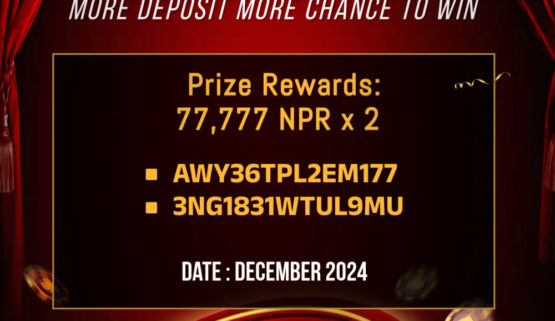The poker world can often be a confusing one, even if you already know how to play poker. You can read as many poker strategy articles and books as you like, but it’s always an intimidating moment when you don’t quite understand the meaning of a certain word or phrase.
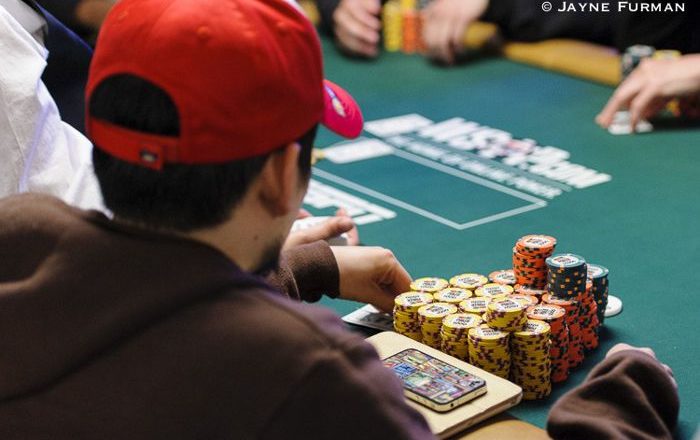
There are certainly many eclectic and confusing poker terms that make poker such an exciting game, and PokerNews is here to explain seven of them to you.
Nuts
The nuts are simply the best possible hand at any point in the game. Whether you flop the nuts, or river the nuts, if you hold the nuts you have a hand that cannot be beat.
Backdoor
A complex term, a backdoor usually refers to a draw in Texas Hold’em or Omaha that requires both the turn and river cards. A backdoor flush or backdoor straight draw mean that a player would need running cards to complete their draw.
Burn Card
A simple poker term that not many people will know, the burn card is the card that a dealer deals face down prior to dealing the next round of cards. Whatever the format, a dealer will always burn a card before the next street or draw is dealt.
Exposed Card
This term is more-often used in stud formats, with exposed cards being the cards that a dealer purposely deals face-up. Also called “up cards” these are often the key to a player deciphering what his or her opponent holds in their hand.
Playing the Board
In the last Poker Terms Explained we looked at what counterfeiting meant, and although playing the board doesn’t mean the same thing, the two often intertwine.
Playing the board occurs when a player shows down a hand where your holding fails to improve the hand that is currently on the board. For example, if a player holds ![]()
![]() on
on ![]()
![]()
![]()
![]()
![]() then a player holds two pair (fours and nines), and plays the board.
then a player holds two pair (fours and nines), and plays the board.
Note that if you play the board, the best you can do is to split the pot with all remaining players.
Reverse Tell
While a normal tell will give a player a sign as to what their opponent is holding, a reverse tell is something that a player does in order to convey the opposite of whatever information that action might appear to convey.
Acting strong while weak is a common tell; therefore, acting strong when strong can work as a reverse tell
Shot Clock
A new tournament innovation, having only recently been introduced to High Roller tournaments around the world, the shot clock gives players a set amount of time (usually 30 or 60 seconds) to act on their hand. The shot clock is a physical clock on the table that counts down the time a player has to act on their hand. If they fail to do so, their hand will be declared dead.
Often, tournaments will give players a limited amount of time bank cards that they can use to extend the time they have to act on their hand.
